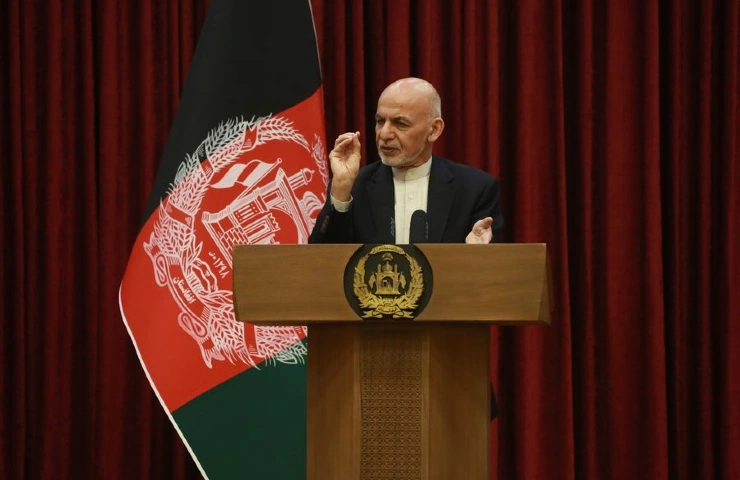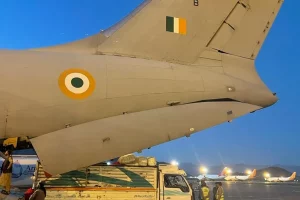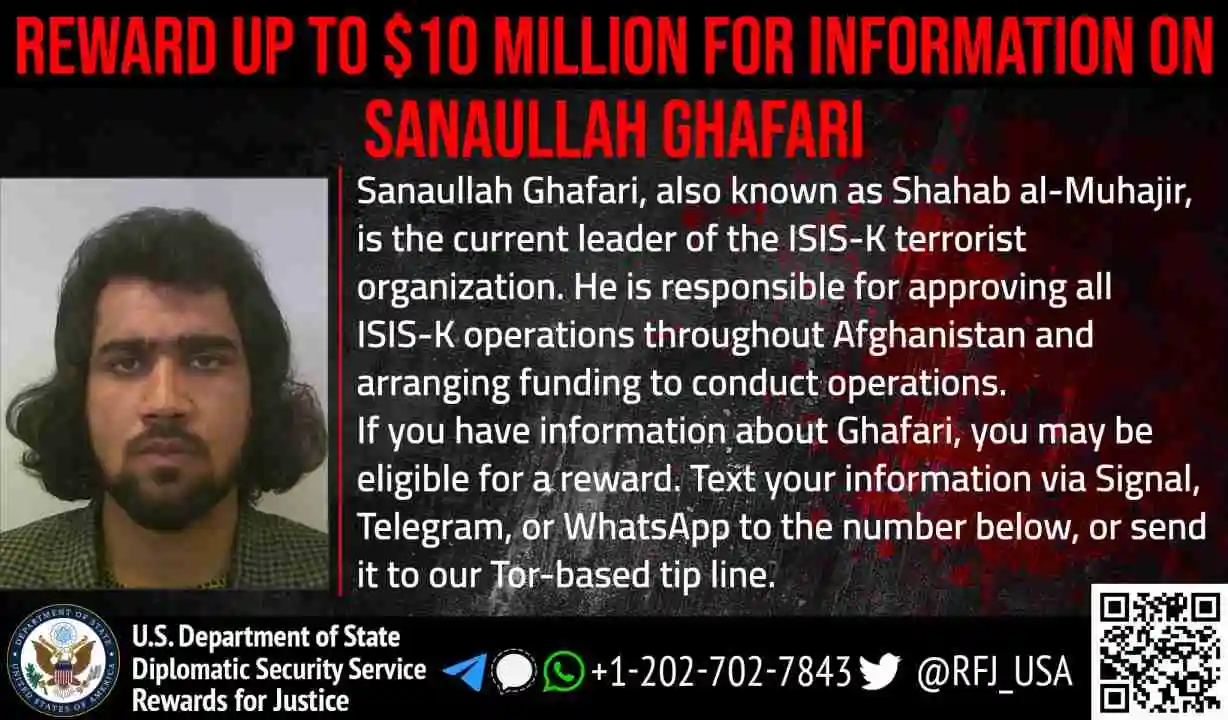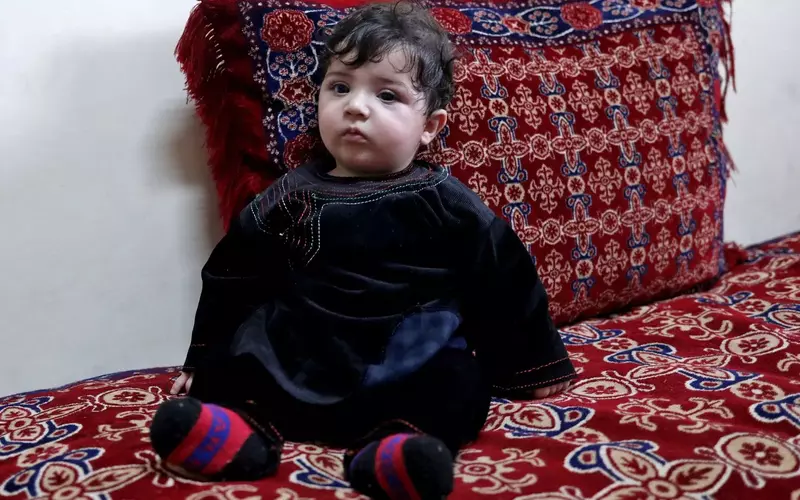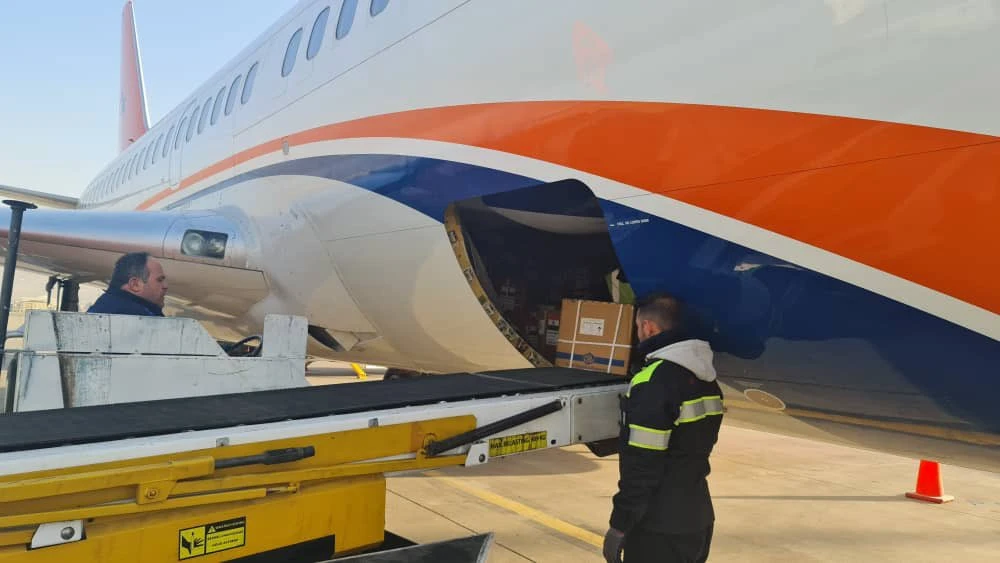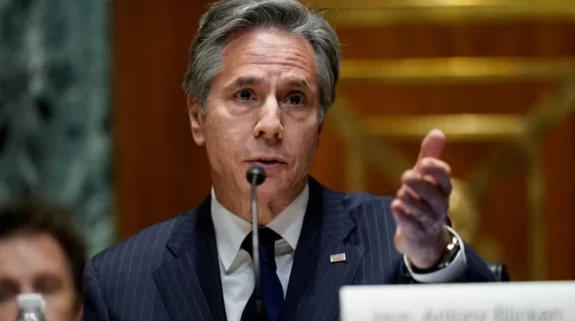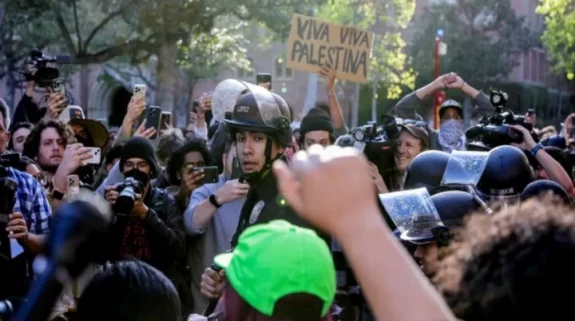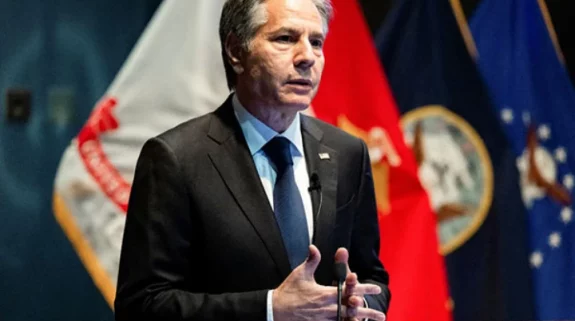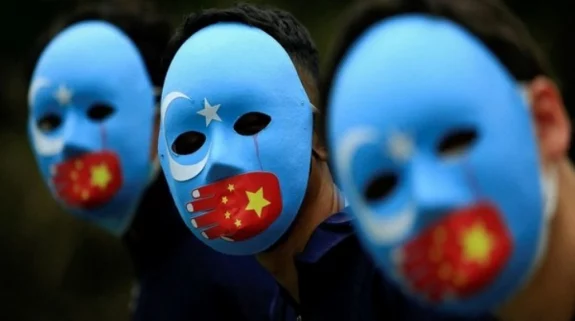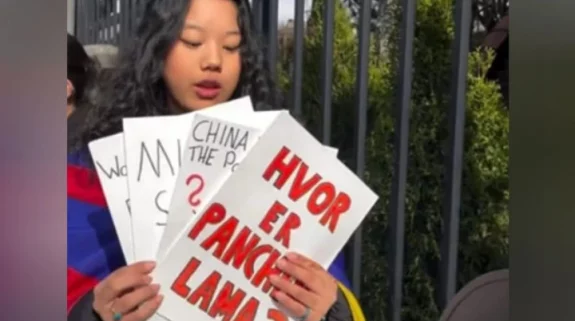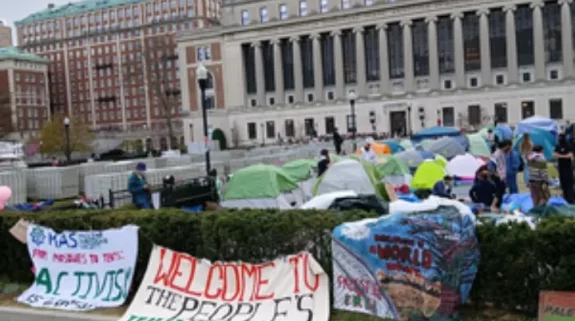Former Afghan president Ashraf Ghani told the BBC on Thursday that he just had a few minutes to leave Kabul after the Taliban had encircled the capital, saying he did not want a bloodbath in the city.
Ghani, who is now in Dubai, told the BBC that on the morning of August 15, 2021, he had "no inkling" that it would be his last day in Afghanistan.
Ghani's abrupt and secretive departure as the Taliban forces made swift gains in their onslaught towards the Afghan capital in mid-August was widely criticised with rumours that he left his country with bags full of money.
Afghanistan collapsed as the US and NATO forces decided to vacate the country after 20 years of battling well-entrenched militant groups. One of the longest wars for the US, the Afghan war was called the forever war. However, the American decision also led to the collapse of the democratically-elected government led by President Ashraf Ghani.
Ghani's first-ever interview after he fled Kabul, was conducted by former UK chief of defence staff, General Nick Carter, for the BBC.
Recalling his last moments, Ghani said he fled, “to prevent the destruction of Kabul”. He added that his national security adviser, Hamdullah Mohib was "literally terrified. He did not give me more than two minutes".
Ghani's unannounced departure led to disbelief and dismay among his countrymen, which led to accusations that he had deserted Afghanistan, abandoning the country to unpredictable Islamists. Afghans thronged the Kabul international airport in a desperate bid to flee from the Taliban, unveiling before the world images of chaos and fear due to the poorly-managed US withdrawal.
Though Ghani had made several announcements from Dubai, this is his first detailed interview, saying that he owed an explanation to the Afghans—who are now under a Taliban government, facing a humanitarian disaster. People—particularly women, minority groups and government officials—are living in perpetual fear of being killed or captured by the Taliban forces in retribution.
Defending himself against cowardice, impropriety and accusations of corruption, Ghani said his decision to leave was "the hardest thing. I had to sacrifice myself in order to save Kabul and to expose the situation for what it is: a violent coup, not a political agreement".
He reiterated that his first concern was to prevent bloodshed and street fighting in Kabul, adding that staying back would not have changed the outcome.
"My life work has been destroyed, my values have been trampled on and I've been made a scapegoat," he said.
The seeds for Afghanistan's collapse in August 2021 were sown in February 2020 when the US signed the Doha agreement with the Taliban to withdraw American and NATO forces. An emboldened Taliban began to consolidate its position in the conflict-ravaged country by launching widespread attacks on Afghan security forces, taking over the cities in rapid succession, culminating in the downfall of Kabul on 15 August 2021.






